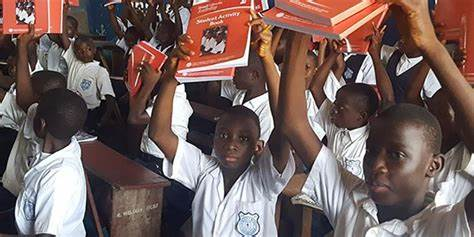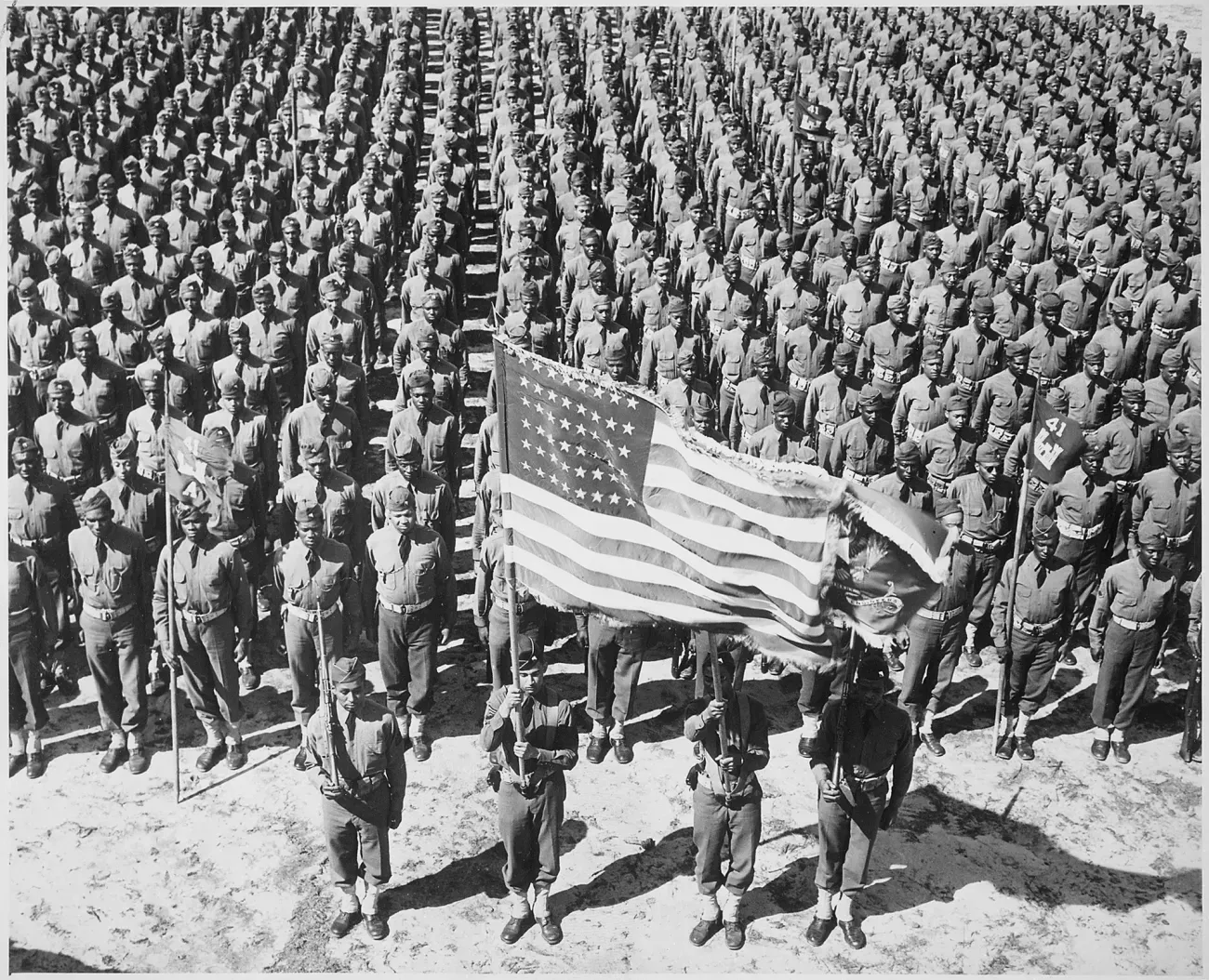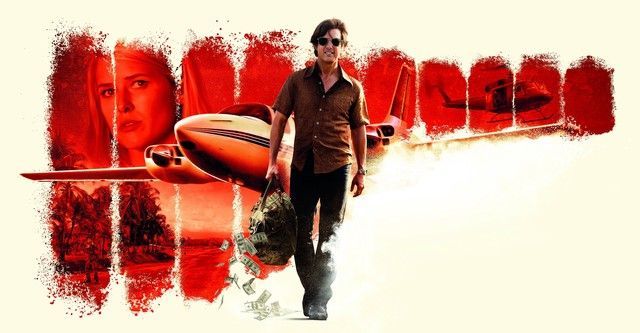USAID Assistance cut to Liberia
A curse and an opportunity

When Donald Trump announced on January 20, 2025, through an executive order, that he was suspending US aid administered worldwide through USAID for 90 days, within the twinkling of an eye, a 40-billion-dollar budget consisting 40% of international development assistance vanished into thin air.
An astonished world reacted with shock and dismay.
While this announcement brought seismic shifts in the world generally, that shocking and unexpected announcement poignantly hit Liberia, mainly because Liberia is one of the biggest recipients of bilateral assistance from the United States due to close historical and cultural ties between the two countries. USAID had earmarked 640 million to Liberia from 2020 to 2025, of which 109 million was allocated to be disbursed this year 2025, targeting assistance in the crucial areas of health, education, water, and agriculture while indeed remaining unmet. A cursory look at USAID Liberia assistance through the US embassy publications reveals 174 projects ongoing in Liberia.
What happens to those projects and programs now that US aid has been suspended?
Is there any assurance that USAID's developmental assistance to the world, especially Liberia, will be reinstated after President Donald Trump's 90-day suspension? The answer to this question remains uncertain, casting a shadow of doubt on Liberia's future.
There is no certainty in the answer to that question. The world we live in today is very different from that of 1961 when President John F. Kennedy created USAID through an executive order to pursue the following aim: to promote international engagement through diplomacy, development, and defence. Countering the perceived expansionism of the then-Soviet Union was crucial in that regard and was essential in US development policies. In the 1960s, America relied on Liberia as a Cold War ally, guaranteeing continued US economic assistance.
Today, we have a mercurial white Nationalist who perceives global relations through a transactional America First Policy, a policy that prioritizes US interests over global aid commitments. The question then is what Liberia has to offer to a transactional President to merit the resumption of US economic assistance.
Assuming US assistance is resumed, what do we do in the interim now that assistance in crucial areas like health and agriculture now USAID help is gone? The odds seem stashed against Liberia in the short term. The situation seems grim and is especially piquant in light of our macroeconomic position and budgetary expenditures.
Liberia has the 5th lowest GDP in all of Africa; in other words, it is the 5th poorest country in the poorest continent on planet Earth. Let's look at the 2025 national budget. Out of a budget of 851.8 million, $745.69 is allocated for recurrent expenditure, which is money spent to keep the machinery of government running. More than 85% of our budgetary expenditures are spent paying salaries, gasoline, scratch cards, allowances, foreign travel, etc. To be fair to the UP Government, very high expenditures on salaries and benefits of government employees and the machinery of running a government have been an issue since the formation of Liberia. In the 2025 budget, only 12.5 % or $106. 07 is allocated for infrastructure, whereas in other parts of the world, 70% of the budget is expended on infrastructure- building roads, bridges, electricity, railroads, water systems, hospitals, schools, etc. According to World Bank estimates, Liberia must spend between $350 to 600 million yearly for the next 10 years to overcome the country's infrastructure deficit. Instead of spending a minimum of $350 million, we are spending 109 million. Without roads and electricity infrastructure, we cannot grow the economy.
In an interview with a local daily, former Finance Minister David Farhat believes the cut in US assistance allows African leaders to prioritize their citizens' welfare. While foreign aid to Liberia is welcome, Liberia is a potentially wealthy nation that does not need foreign aid to survive. Liberia has abundant natural resources and minerals, which are too numerous to name. Liberia is also blessed with very high rainfall that is suitable for agriculture. Endowed with a relatively long coastline, small population, vast arable land, and the most significant untouched Equatorial Forest in West Africa, the future is rosy if we prioritize the right priorities.
I can give a few examples of economic models that have led to prosperity in other nations. Singapore- In the 1950s and early 1960s, Singapore was a swampy marshland infected with mosquitoes. Singapore is one of the world's wealthiest and most developed nations today. The Singaporean economic model emphasizes a business-friendly environment, high government spending on education, which produces a skilled labour force, high infrastructure spending and low corruption. When Botswana gained independence in 1966, it was one of the poorest nations in the world. However, when diamonds were discovered in Botswana, the leaders did not prioritize luxurious living and high recurrent expenditure. Instead, prudent economic management by the country's leaders that emphasized spending on education and infrastructure ensured annual GDP growth of 9% between 1966 and 2005, catapulting Botswana into an upper middle-income economy.
Lastly, let us look at our next-door neighbour, the Ivory Coast, which has very limited natural resources, such as iron ore. Ivory Coast has developed a primarily market-based and highly developed agriculture sector emphasizing Agro-processing and infrastructure. Today, Ivory Coast is one of the most developed black nations in the world.
Back to the USAID aid cut, if Liberia can spend her monies on issues that matter, roads, bridges, electricity, water, health, schools, fight cronyism and corruption, and increase tax collection, we won't need USAID to keep us going. Remember, 2025 is different from 1961; no more would foreign governments pay for the welfare of others through aid. The world is a meaner and more dangerous place. Unless Liberia and other developing nations use their resources wisely, we will continue to be the world's laughingstock, always on bent knees with a begging bowl to others.
Nemen Martin Kpahn is a Liberian currently residing in Australia. He holds a master’s degree in communication from Griffith University and a Master of Science degree in research from the University of Southern Queensland. Kpahn is pursuing a PhD at the University of Southern Queensland and writes regularly on Liberian politics and society.
Mobile number +61457621390
mkpahn@yahoo.com


